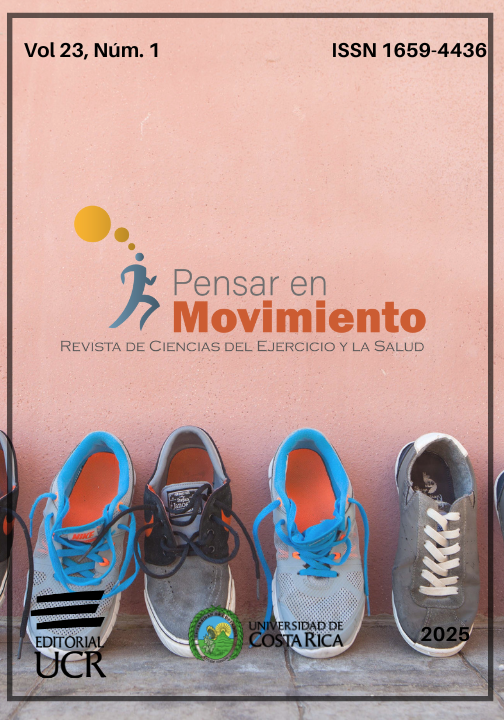Abstract
The aim of this study was to identify the effect size (ES) of the physical-recreational activity programs on the perceived quality of life of adults and senior adults, and to analyze possible moderating variables through the meta-analysis technique. Thirty-two studies met the previously established eligibility criteria. The quality of the studies included in the meta-analysis was assessed by using the PEDro scale. Under the random effects model, the ES of the difference of standardized mean was calculated, to find out the impact generated by physical-recreational activities on the quality of life perception of the participants. Data heterogeneity (Cochran’s Q) and inconsistency (I2) of the data were examined. It was found that participating in physical-recreational activities improves quality of life perception (ES = 0.382, p < .001., n = 224), whereas the control group did not improve its quality of life perception (ES = 0.031, p = .285, n = 116). Age, sex, health conditions, level of physical activity and the amount of sessions in the programs have no influence on quality of life perception, whereas the duration of sessions does influence quality of life perception.
References
Obando-Piedra, A., Jiménez-Díaz, J., y Araya-Vargas, G. (2025). Efecto de los programas de actividades físico y físico-recreativas en la calidad de vida de personas adultas y adultas mayores. Pensar en Movimiento: Revista de Ciencias del Ejercicio y la Salud, 25(1), e61821. https://doi.org/10.15517/pensarmov.v23i1.61821
##plugins.facebook.comentarios##

This work is licensed under a Creative Commons Attribution-NonCommercial-ShareAlike 4.0 International License.
Copyright (c) 2025 Adriana Obando-Piedra, Judith Jiménez-Díaz, Gerardo Araya-Vargas







